
Chemical & Biomolecular Engineering
Newsletter SPRING 2024


Newsletter SPRING 2024
Dear Colleagues,
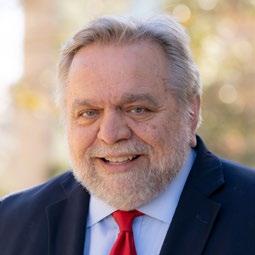
I am delighted to share recent news and highlights from the William A. Brookshire Department of Chemical and Biomolecular Engineering. In January 2024, we welcomed Dr. Omar Abdelrahman as Associate Professor with tenure growing the faculty to 24 tenure-track members. Our research enterprise is growing: Two research teams, led by Professors Jeffrey Rimer and Megan Robertson, have been awarded multimillion-dollar grants from the Welch Foundation to establish Catalyst for Discovery Research Centers focusing on Advanced Bioactive Materials Crystallization and Plastics Circularity. Assistant Professor Jerrod Henderson has won a prestigious NSF CAREER Award, Professor Vincent Donnelly was elected Fellow of the National Academy of Inventors, and Assistant Professor Gül Zerze was selected to serve on the inaugural early career board of the Journal of Chemical Theory and Computation. I invite you to take a moment and look through the entries of our newsletter highlighting the recent research accomplishments and awards of our faculty, students, and alumni.
Warm Regards,
William A. Brookshire Department Chair and Professor
William A. Brookshire Dept. of Chemical & Biomolecular Engineering University of Houston
CHEMICAL AND BIOMOLECULAR ENGINEERING
Omar A. Abdelrahman, joined the University of Houston Cullen College of Engineering as an associate professor, in January 2024. Abdelrahman is a chemical engineer who studies the dynamic evolution of chemical kinetics and thermodynamics at the interface of solid catalysts.
Abdelrahman currently serves as the social media director for the Catalysis & Reaction Engineering Division of AIChE, an Executive Board Member of the American Chemical Society CATL (Catalysis Science & Technology), and an early-career editorial board member of the Journal of Catalysis.
Abdelrahman received his B.Sc. in chemical engineering (American University of Sharjah, 2011) before moving to upstate New York for his PhD in chemical engineering (Syracuse University, 2016), followed by a postdoctoral position at the University of Minnesota. Between 2018 and 2023, he was an assistant professor at the University of Massachusetts Amherst in the Department of Chemical Engineering.
He is a recipient of the National Science Foundation CAREER award (2021) and has been recognized as one of AIChE’s 35 Under 35 Young Trailblazer in Chemicals & Materials in 2023.
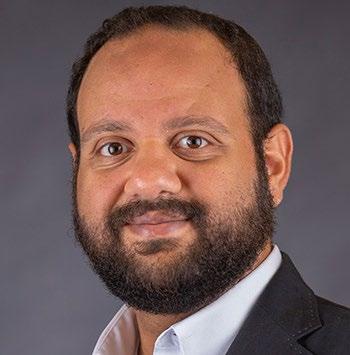
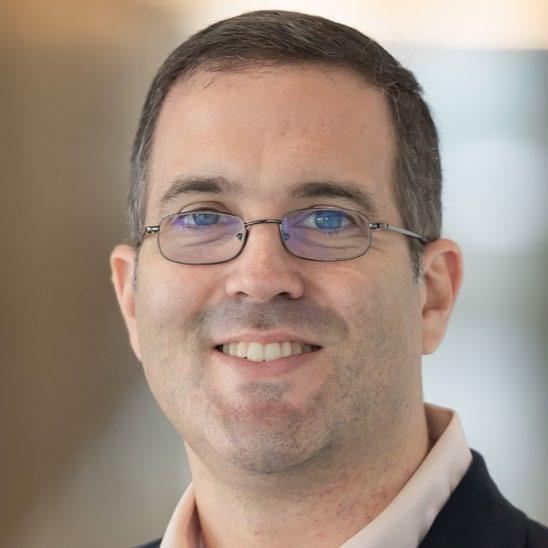
Abraham E. Dukler Professor Jeffrey Rimer, known globally for his seminal breakthroughs that control crystals to help treat malaria and understand kidney stone formation, among others, has been awarded an inaugural $5 million grant from the Welch Foundation, to establish the Welch Center for Advanced Bioactive Materials Crystallization. The Welch Center aims to improve understanding of the intricate crystallization processes, inventing new pathways, both through experiments and computer simulations, to predict and manage how crystals form.
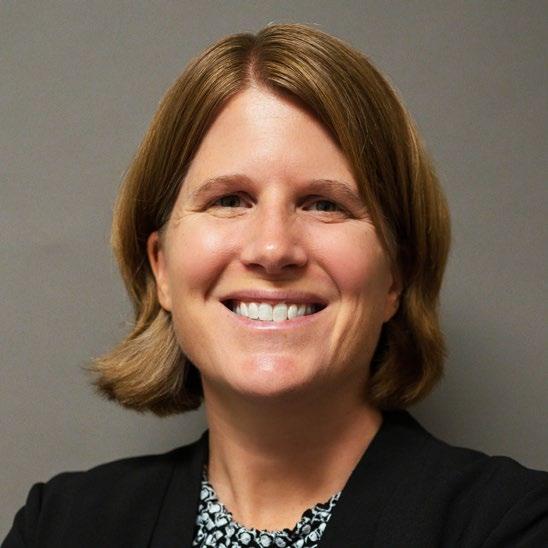
Cullen College of Engineering Professor Megan Robertson, a global leader in the field of polymer synthesis and characterization, will lead a new Catalyst for Discovery Center, funded by a $4 million grant from the Welch Foundation. The Center aims to develop innovative chemical processes to transform plastic waste into useful materials. The team will focus on polyolefins and study value-added recycling, upcycling of plastics, and enabling their circular reuse. Robertson, who is passionate about polymers and sustainability, was awarded two additional research grants from the Welch Foundation this year.
University of Houston | Cullen College of Engineering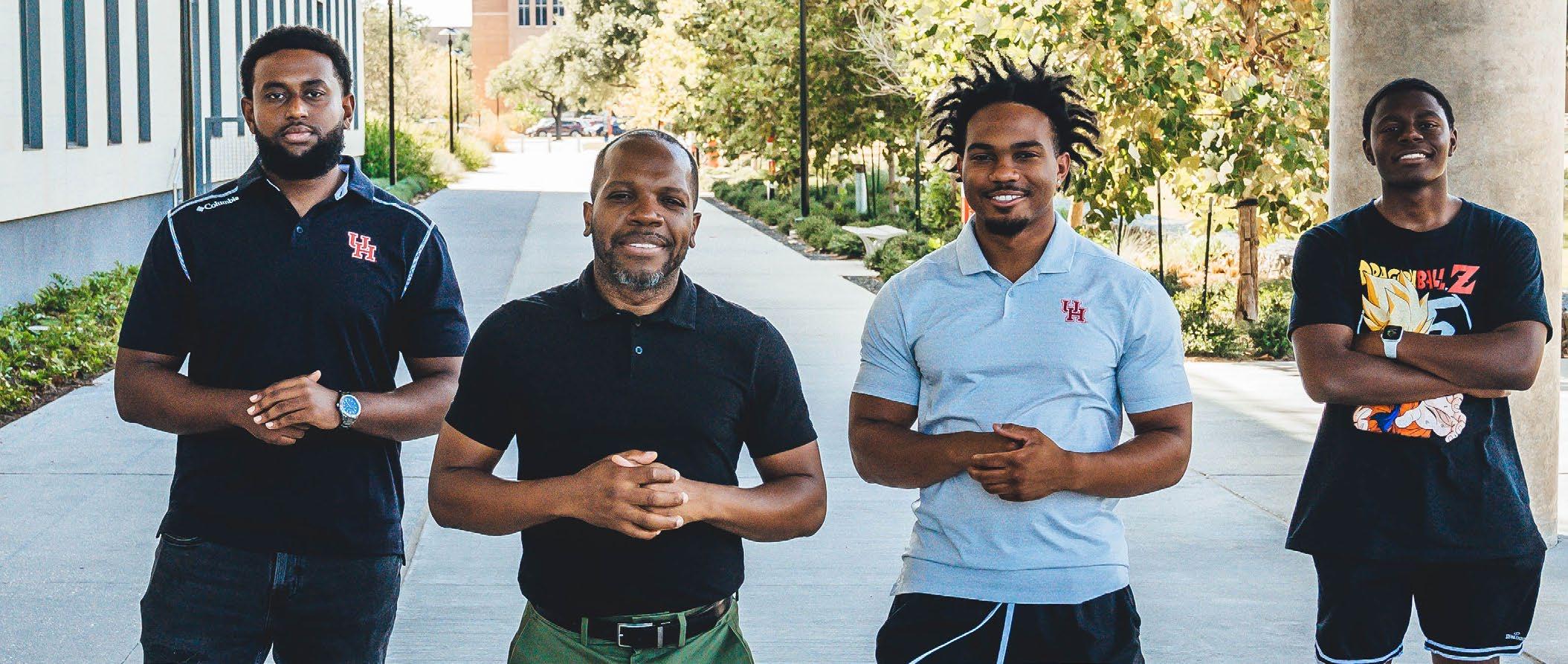
Assistant Professor Jerrod Henderson has been awarded a prestigious Faculty Early Career Development (CAREER) Award from the National Science Foundation (NSF). According to the public abstract of the award published by NSF, Henderson’s proposal, “Centering the Engineering Identity of Black Men to Enhance Representation and Degree Completion,” seeks to strengthen the future U.S. engineering workforce by enabling and encouraging the participation of all citizens in the engineering enterprise, particularly Black men. The goal of the education and research plan of the $563,000 five-year project will be to uncover the engineering identity trajectories of Black men at Hispanic-Serving Institutions, like UH, and Historically Black Colleges and Universities over time. This will include developing a national virtual and face-to-face mentoring network that introduces Black male engineering majors to mentors in industry, government, and academia to form a cohort-styled community for emotional support, which will enhance their persistence and build their sense of belonging. Nearly 200 Black men enrolled in the College of Engineering at the University of Houston will be impacted over the duration of the project.
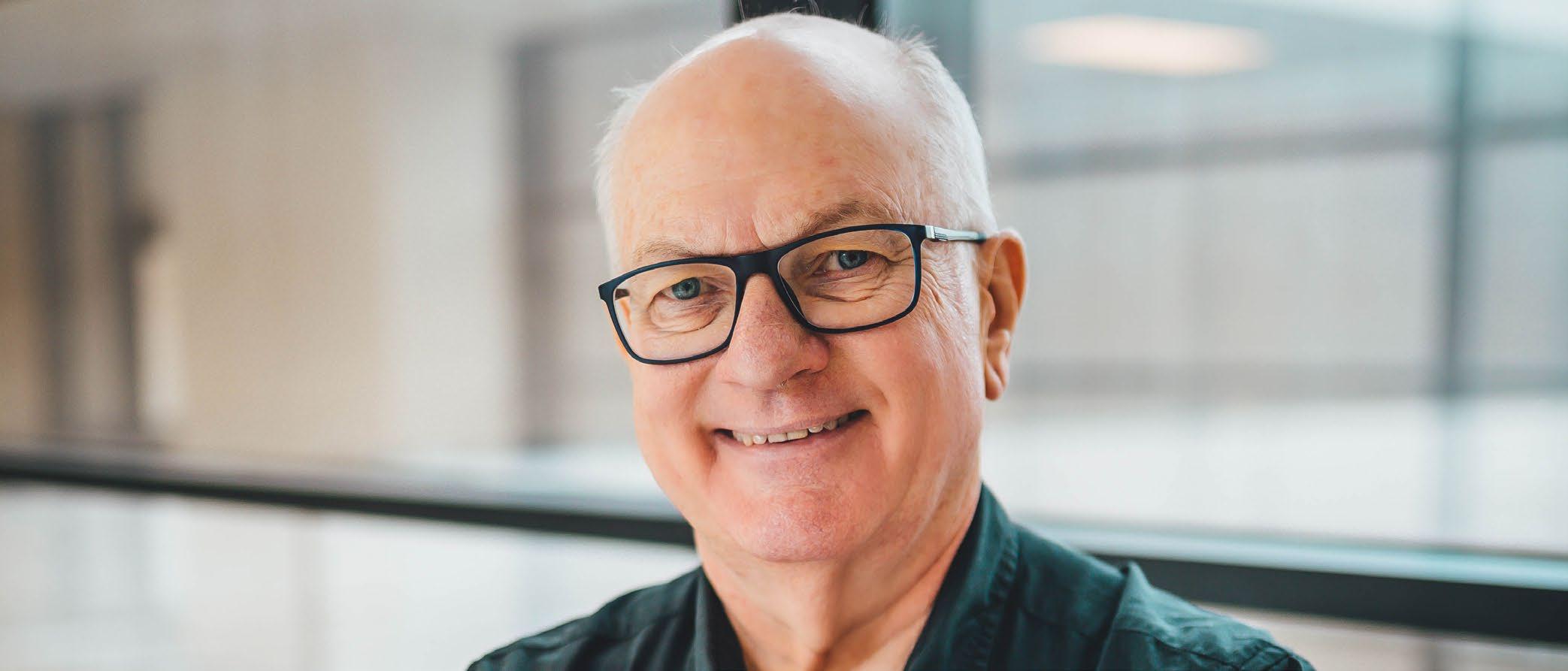
Moores Professor Vincent Donnelly has been elected as Fellow of the National Academy of Inventors, the highest professional distinction awarded to academic inventors. Donnelly was selected for his discoveries leading to fundamental understanding of complex plasma systems used in the manufacturing of microchips. He is a global leader and a pioneer in plasma science and engineering with applications to microelectronics and nanotechnology and is continually expanding the frontiers of his field.
Donnelly has developed several new experimental techniques that are now considered the “golden standard” in both research labs and microchip fabrication lines. Earlier this year he won the prestigious Will Allis Prize for the Study of Ionized Gases of the American Physical Society for outstanding contributions to understanding the physics of partially ionized plasmas and gases.
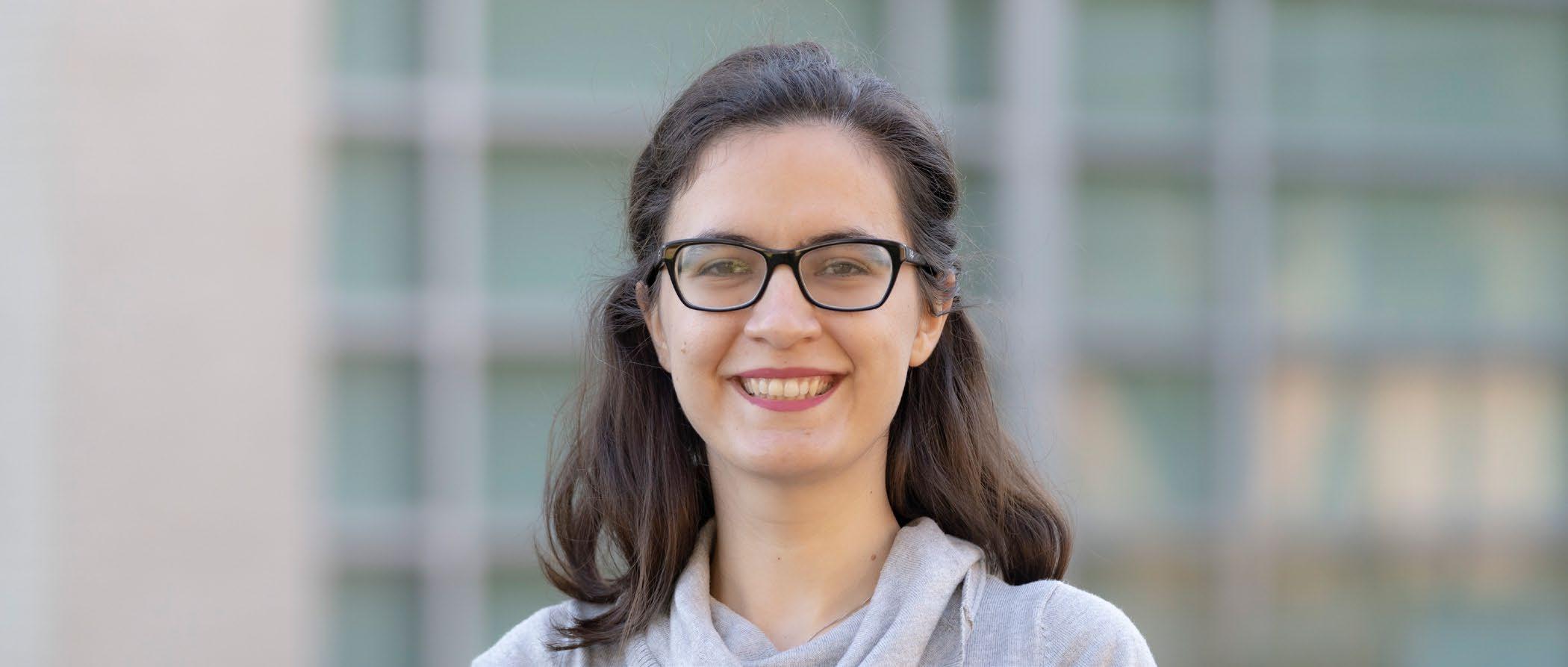
Assistant Professor Gül Zerze has been appointed to the inaugural Early Career Board of the Journal of Chemical Theory and Computation (JCTC). Zerze joins 18 researchers worldwide selected to represent chemical theory and computation. With its inaugural Early Career Board, the journal is not only celebrating its achievements but also setting the stage for the excellence of the future.
The initiation of the Early Career Board reflects JCTC’s commitment to scientific inclusivity, collaboration, and sustained excellence. By fostering a diverse community of researchers and providing a platform for emerging talent, JCTC aims to create a dynamic hub for the exchange of ideas for the advancement of the chemical sciences.
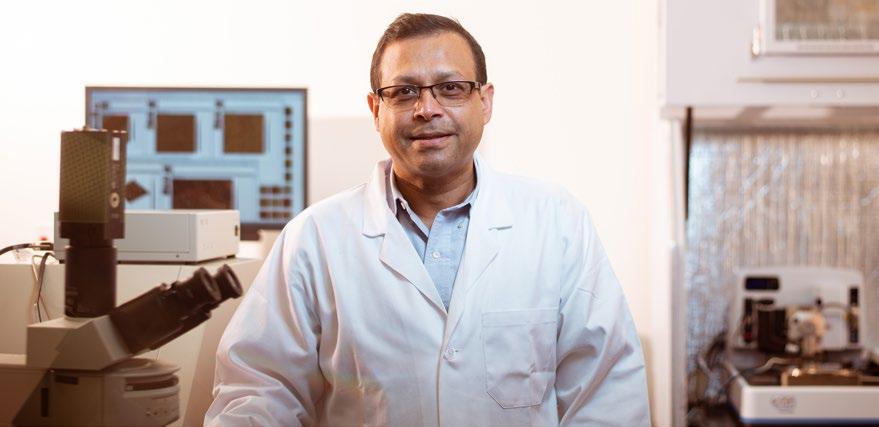
Alamgir Karim, Dow Chair and Welch Foundation Professor of Chemical and Biomolecular Engineering, is member of a team of researchers from three universities, including Carnegie Mellon (lead), University of Illinois at Urbana-Champaign, and the University of Houston, that was awarded a $650,000 Convergence Accelerator grant from the National Science Foundation to develop a “Bio-Inspired Design of Robot Hands for Use-Driven Dexterity.” The project’s goal is to
create a transformative, bio-inspired re-design of the robotic hand that can bring results with national impact.
About 400,000 Americans are currently living with some form of upper limb loss and can benefit from the proposed research. Others are facing hazardous work environments that require the use of robotic arms. Redesigning the robot hand for greater functional dexterity can help to address such challenges. The project will bring together end-users, hand surgeons, human motion scientists, materials chemists, and robot designers to develop a “wetware” concept for a robotic hand with an ionic liquid permeating soft, porous material surrounding a hard skeleton.

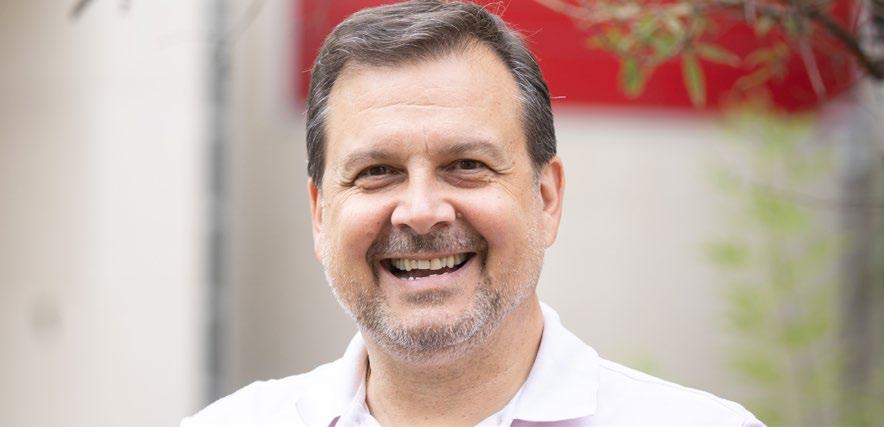
In January, Peter Vekilov, Frank Worley Professor of Chemical and Biomolecular Engineering, and his co-workers published in the Proceedings of the National Academy of Sciences an answer to how crystals are formed and how molecules become a part of them. “For decades crystal growth researchers have dreamt of elucidating the chemical reaction between incoming molecules and the unique sites on a crystal surface that accept them, the kinks,” said Vekilov. The main obstacle to a deeper understanding of the mechanism
has been the lack of data on how molecules join in, connected to the complicated process of moving from the solution to where they grow.
That’s when Vekilov and his group made a revolutionary discovery: Incorporation into kinks may occur in two steps divided by an intermediate state. The stability of this middle state controls how crystals grow. It basically decides how fast or slow the crystals form because it affects how easily things can join in during the process. The new paradigm of two-step incorporation may explain how minor solution components affect the morphology of natural crystals and guide the selection of solvents and additives that stabilize the intermediate state to slow down the growth of certain undesired polymorphs.
Their work provides answers to a fundamental problem related to crystal formation that has remained elusive and subject to speculation for over 60 years.
 Pictured: Vekilov holds a crystal of potassium dihydrogen phosphate (KDP).
University of Houston | Cullen College of Engineering
Pictured: Vekilov holds a crystal of potassium dihydrogen phosphate (KDP).
University of Houston | Cullen College of Engineering

Remember that party where you were swinging glow sticks above your head or wearing them as necklaces? Fun times, right? Science times, too. Turns out those fun party favors are now being used by University of Houston researchers to identify emerging biothreats for the United States Navy.
Richard Willson, Huffington-Woestemeyer Professor of Chemical and Biomolecular Engineering, and his team are applying the shelf-stable, low-toxicity, low-cost chemistry of
common glow sticks to develop bright and rapid diagnostic tests called lateral flow immunoassays (LFIs). Their LIFs are employing fluorescent-dyed nanoparticles that, when exposed to glow stick activation chemicals, emit bright visible light that can be readily imaged using a smartphone or simple camera. “We will adapt the technology of glow sticks widely used in military signaling applications to excite fluorescent LFI particles to increase their detectability,” said Richard Willson.
The idea of using glowstick chemistry in lateral flow diagnostics was primarily originated by Binh Vu, Research Assistant Professor of Chemical and Biomolecular Engineering. The assay development is led by Katerina Kourentzi, Research Associate Professor of Chemical and Biomolecular Engineering and a well-known expert in the field of lateral flow immunoassays.

Pictured: A fun party favor - the glow stick is being used to detect biothreats for the U.S. Navy. Photo courtesy: GettyImages
Farshad Safi Samghabadi, a doctoral student in the Brookshire Department of Chemical and Biomolecular Engineering working under the supervision of Frank M. Tiller Professor Jacinta Conrad, has earned second place for his poster presentation at the 2023 Symposium for Frontiers in Soft Matter and Macromolecular Networks.
Safi’s presentation was on the “Diffusive Dynamics of Filamentous Viruses in Crowded DNA Solutions.” He tries to understand how the presence of charges on the polymers alters polymer conformation, as well as solvent and particle transport for both polymers in solution and surface-grafted brushes,” he said. “We are using a variety of techniques such as confocal microscopy, rheology, and ellipsometry to study these systems. We are focusing on controlling and generating functionality in flexible, deformable materials.”
The results of our studies provide the fundamental insight needed to generate directional movement on soft surfaces and their applications ranging from drug delivery and gene therapy to the design of antifouling surfaces and biosensors. Part of my studies are in collaboration with Dr. Rae Robertson Anderson at University of San Diego on DNA solutions and Dr. Amanda Marciel’s group at Rice University on polymer brushes.
Safi’s anticipated graduation date is Spring 2025. While he finds academia and industry opportunities to both be appealing, for now he’s focused on his research.
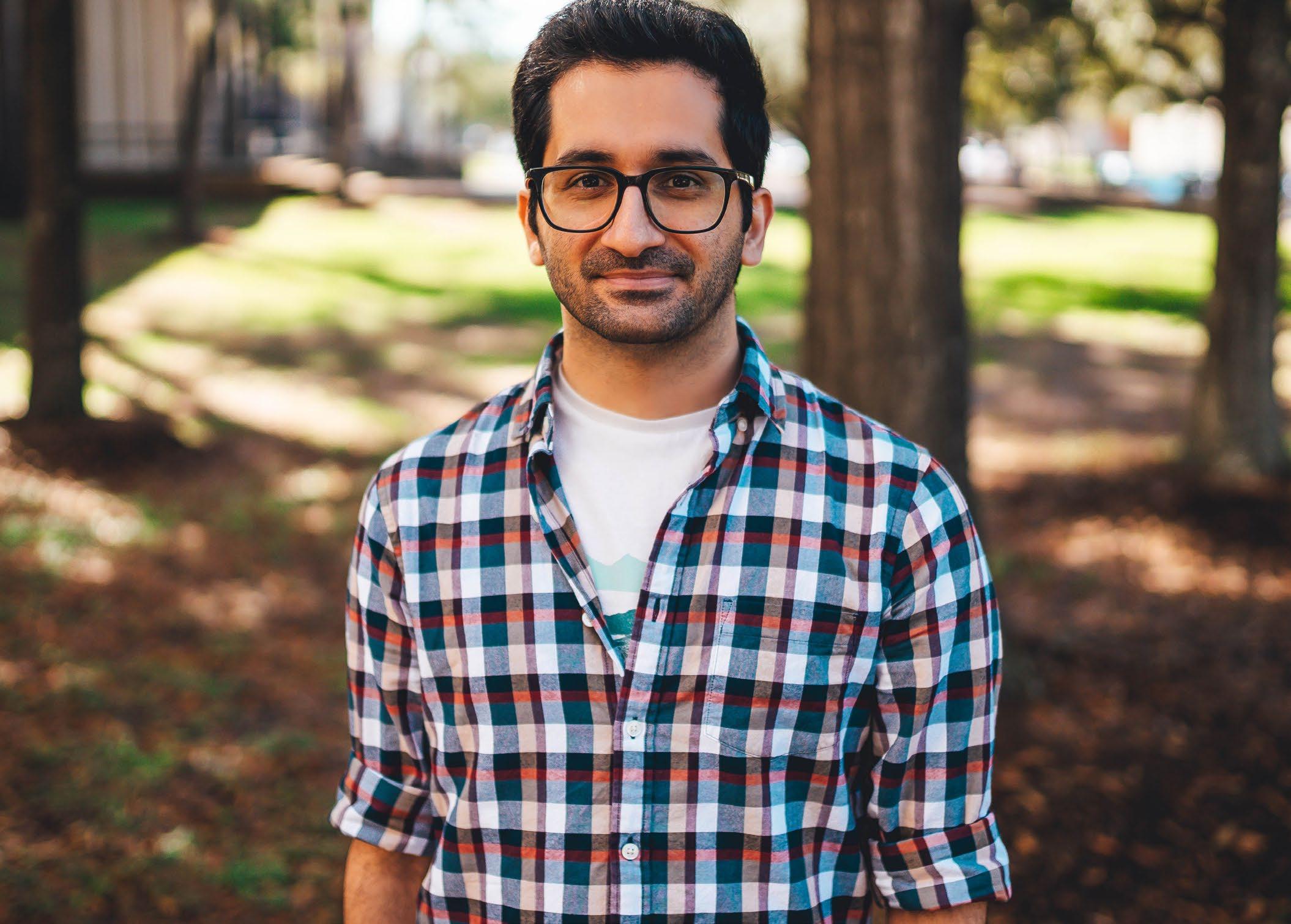 Pictured: Farshad Safi Samghabadi
University of Houston | Cullen College of Engineering
Pictured: Farshad Safi Samghabadi
University of Houston | Cullen College of Engineering
When Shiv Bhakta (’17), chemical engineering and economics major, graduated from high school in smalltown Cypress, Texas in 2012, his next move was to enroll at the University of Houston. Being a first-generation college student, he wasn’t sure what to expect or how to maneuver the sprawling UH campus. Fast forward to 2024 and he’s just been named to one of the country’s most prestigious lists: The Forbes 30 Under 30 - Energy list of business and industry figures.
Bhakta’s recognition came for his work in a startup venture, Active Surfaces. He and his business partner Richard Swartwout started the company to sell solar panels to businesses. Even though the product had been well received by the business world, the company still needed operating capital. Active Surfaces entered a startup competition at MIT and won first place.
low-income student at UH, he was working 20-30 hours each week to help fund his studies and was unable to attend networking events that would help him reach career goals. That all changed, however, when he received the Brookshire Scholarship.
Bhakta says that another transformational experience at UH came from participating with a dance team. “This was traditional Indian dance called Roarin’ Raas, and we started as a very small group,” he said. “We went from just entering the circuit the year before I joined to winning a national competition in 2014. The small, scrappy team that won big demonstrated perseverance against the odds — very much like a startup business.”
Bhakta learned that lesson early. As a first-generation,
Bhakta currently lives in the Boston area, where he is completing a master’s in engineering and an MBA at MIT. He returns to the Houston metro area often to visit family.
 Pictured: Shiv Bhakta
University of Houston | Cullen College of Engineering
Pictured: Shiv Bhakta
University of Houston | Cullen College of Engineering
The University of Houston Cullen College of Engineering addresses key challenges in energy, healthcare, infrastructure, and the environment by conducting cuttingedge research and graduating hundreds of world-class engineers each year. With research expenditures topping $40 million and increasing each year, we continue to follow our tradition of excellence in spearheading research that has a real, direct impact in the Houston region and beyond.
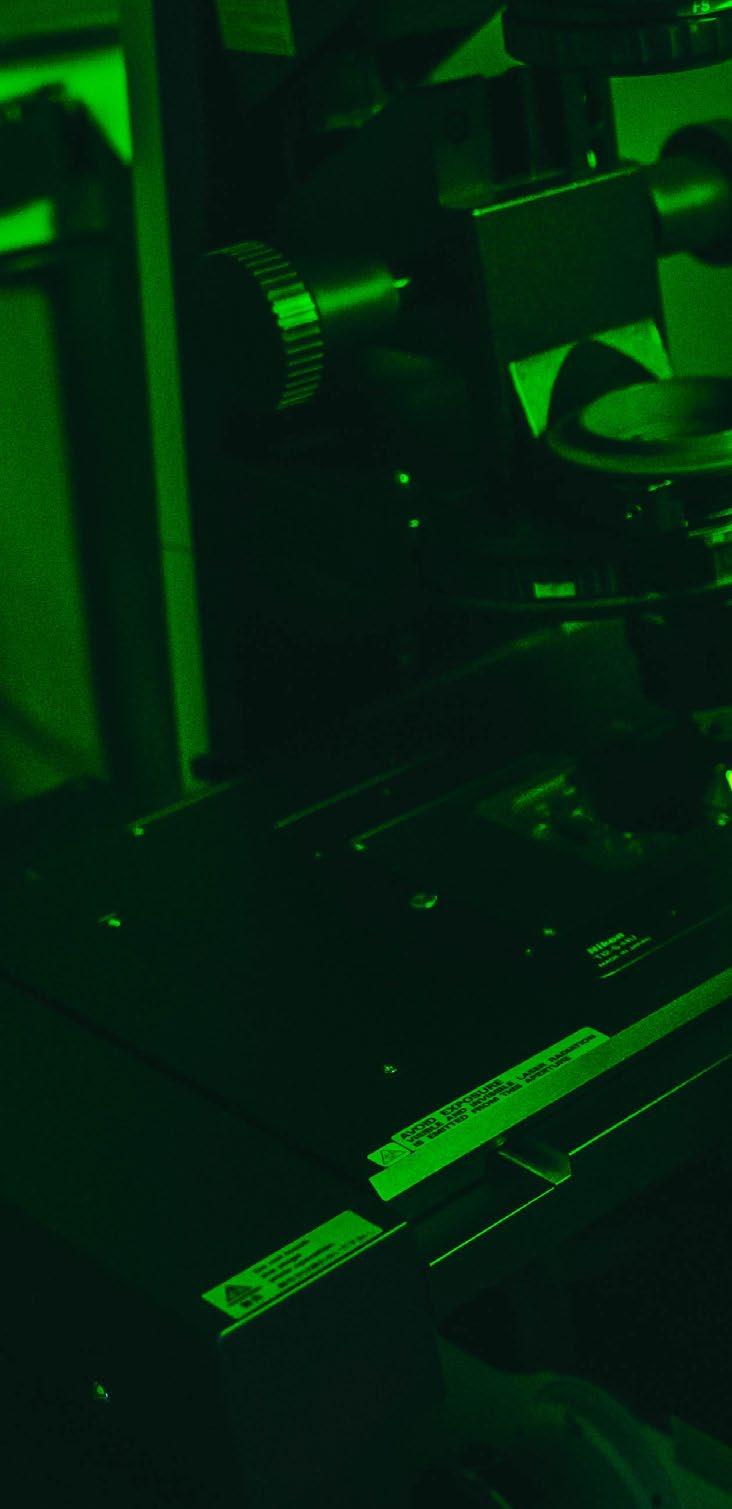
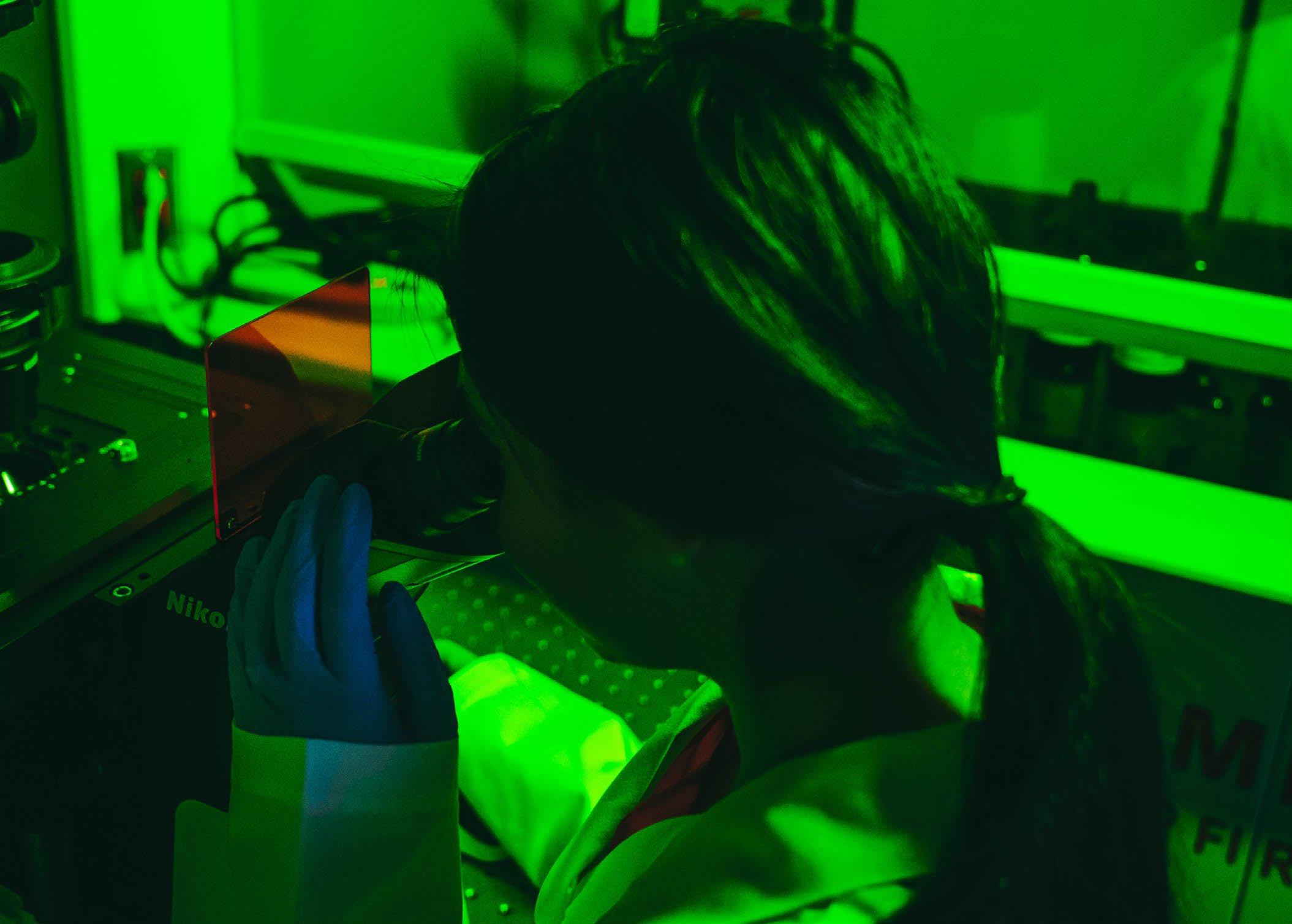
UH Cullen College of Engineering
William A. Brookshire Department of Chemical and Biomolecular Engineering
Engineering Building 1, Room S222
4226 Martin Luther King Boulevard
Houston TX 77204-4004
@UHEngineering